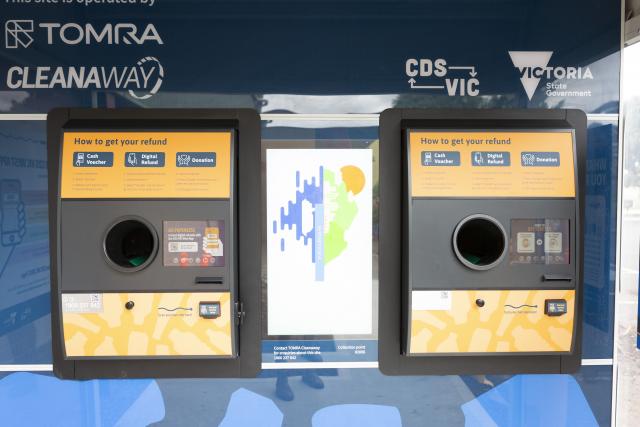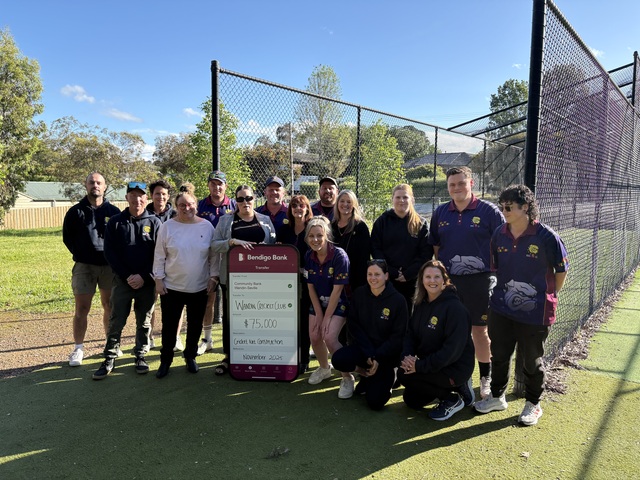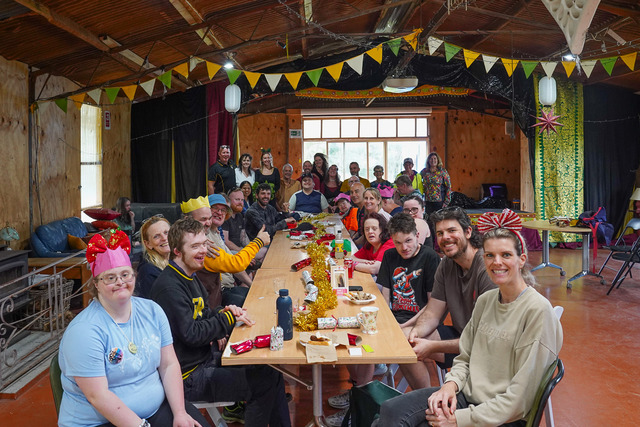The Victorian Government has marked the start of November with the launch of the Container Deposit Scheme (CDS Vic).
CDS Vic allows Victorians to return eligible drink cans, bottles and cartons for a 10-cent refund at designated points across the state. Most aluminium, glass, plastic, steel, and liquid paperboard (carton) drink containers between 150mL and 3 litres are eligible. It is recommended that they are not crushed, as some refund points won’t be able to accept them.
Minister for Environment Steve Dimopoulos said CDS Vic will maximise the number of cans, bottles and cartons being recycled into new products and keep them out of landfill.
“Our new Container Deposit Scheme is now open, which will reduce the amount of litter in Victoria by up to half – contributing to a more sustainable future while putting money back in the pockets of hardworking Victorians,” he said.
Currently, in the Upper Yarra, there are four over-the-counter refund points at:
Wandin Newsagency, Shop 17-18, 2 Union Road, Wandin North, open from 6am to 6.30pm every day but Sundays
Little Yarra Free Range Eggs at 150 Doon Road, Launching Place, open from 8am to 1.30pm Mondays, 12pm to 5.30pm Wednesdays, 8am to 1.30pm Fridays and 8am to 4pm Saturdays
Millgrove Licensed Grocers, 3039 Warburton Highway, Millgrove, open from 8am to 6pm every day
Tommy Finns Trout Farm, 3175 Warburton Highway, Millgrove, open from 9am to 5pm every day.
Residing all in the north zone means local refund points are overseen by Visy.
Within nine months of the scheme starting, the Zone Operators will be required to have a minimum of one collection point per 14,500 people in metropolitan areas, at least one per town of 750 people in regional areas, and at least one per town of 350 people in remote areas. The scheme will expand further in 2024.
Head of the Marketing Department at RMIT University Dr Linda Robinson people’s housing situation and access to recycling facilities are factors that will determine how a consumer engages in the scheme.
“It is important that consumers can see how to make it work for their household, such as neat and clean ways to store containers alongside their regular rubbish and recycling, as well as how to carry or transport them to a refund point,” she said.
“It’s not just the habit of collecting and storing the containers, but the actual practice of returning the containers that will be important for consumers, promoting strategies for returning containers will be an important factor, such as encouraging consumers to put ‘return containers’ at the top of their shopping list each week as part of their normal shopping habits. “







